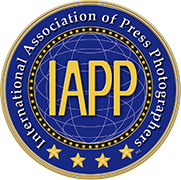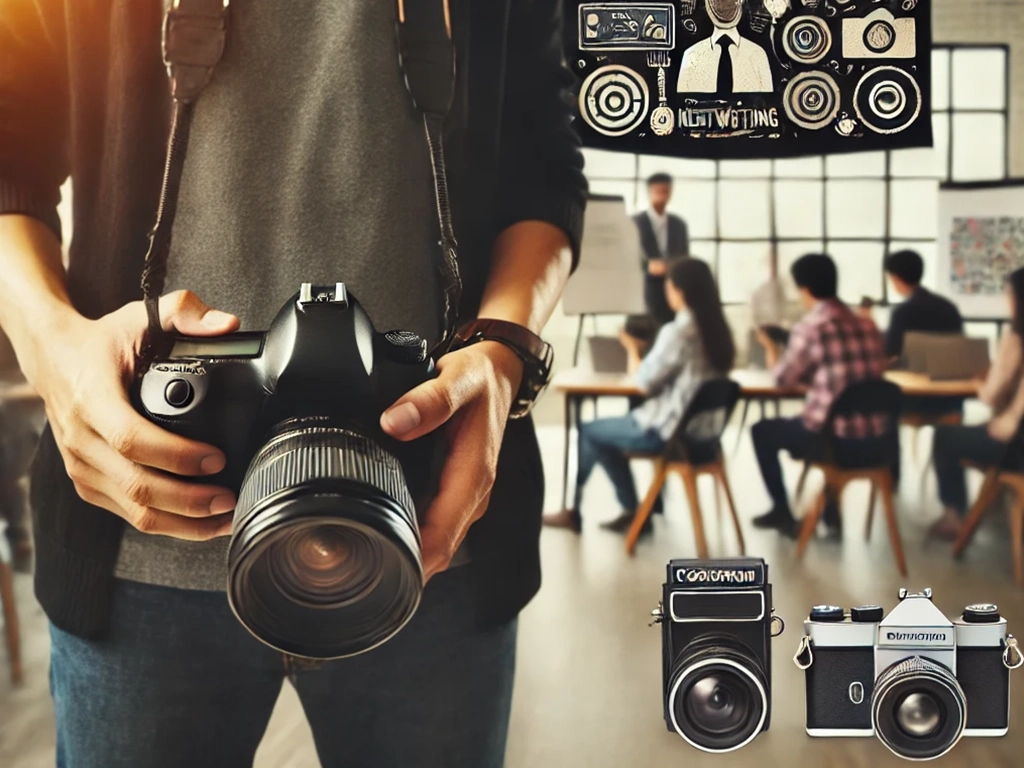Introduction
For photographers, continuous learning is essential to stay competitive and hone their skills. Whether you’re a beginner or an experienced press photographer, investing in the right workshops and courses can help you develop new techniques, expand your creative vision, and improve your professional value. The International Association of Press Photographers (IAPP) provides valuable resources to help photographers find the best training opportunities to meet their needs.
In this guide, we’ll explore how photographers can find the right workshops and courses to improve their skills with the support of the IAPP.
Why take part in photography workshops and courses?
Workshops and photography classes offer hands-on experience, expert guidance, and networking opportunities. They offer invaluable benefits such as:
- Improve skills: Learn advanced techniques in lighting, composition, and editing.
- Access to industry experts: Gain insights from experienced professionals with hands-on experience.
- Networking opportunities: Meet other photographers, editors, and industry representatives.
- Portfolio enhancement: Create stunning images under the guidance of experts.
- Stay up to date: Stay up to date on the latest trends, equipment, and techniques in photography.
By attending quality workshops, photographers can improve their technical skills, creative instinct, and professional presence in the media world.
Types of photography workshops and courses
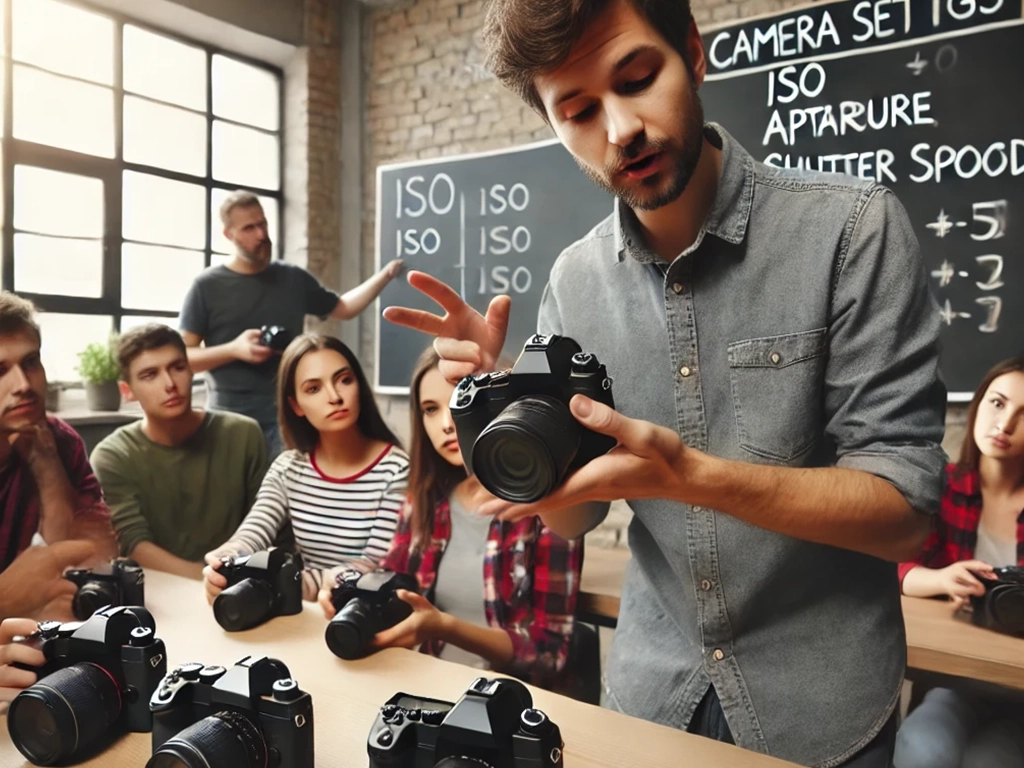
Choosing the right workshop depends on your skill level, goals, and area of focus. The main types include:
1.Technical Mastery Workshops
These focus on improving camera control, lighting techniques, and understanding exposure.
- Learn more about ISO, aperture and shutter speed settings.
- Improve control over manual focus and dynamic lighting conditions.
- Gain experience with special equipment such as drones or 360° cameras.
2.Genre-specific workshops
For photographers who want to specialize, genre-specific workshops offer targeted training.
- Photojournalism courses: Focuses on storytelling, ethical practices, and reporting breaking news.
- Portrait photography workshops: Master lighting settings, posing, and interacting with subjects.
- Wildlife and Nature Photography: Learn techniques for capturing fast-moving subjects in unpredictable environments.
3.Editing and post-production courses
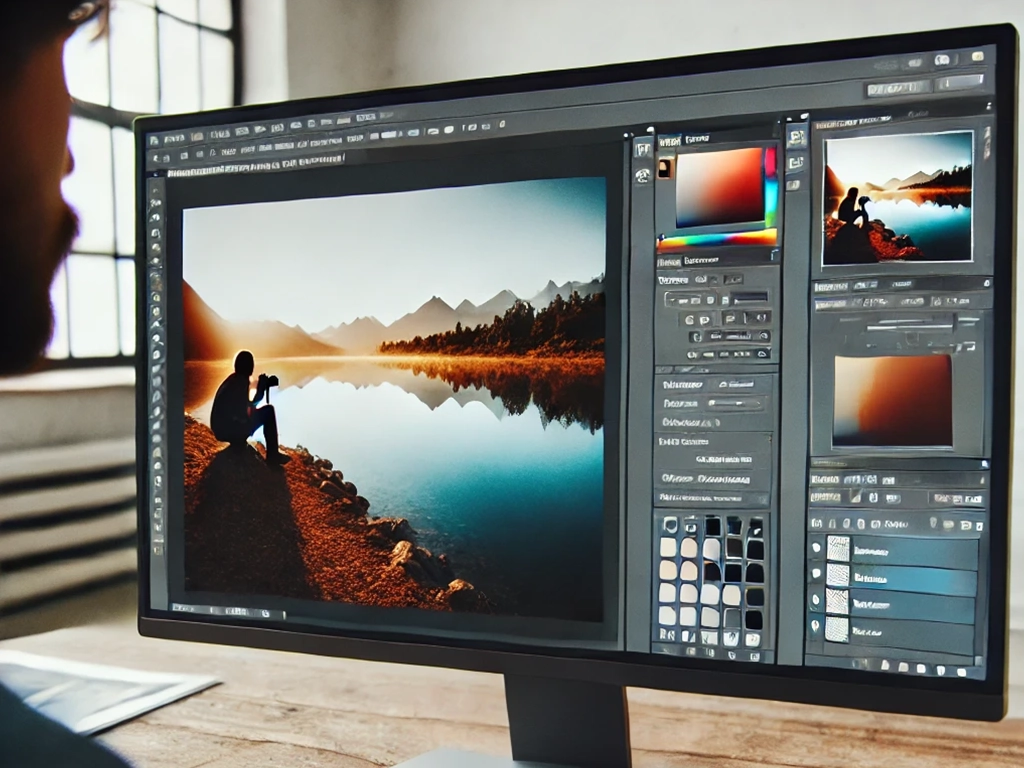
Mastering editing software is crucial for professional photographers.
- Improve your skills with Adobe Lightroom, Photoshop, and Capture One.
- Learn more about color correction, retouching, and creative image editing.
4.Business and Marketing Workshops
These courses help photographers develop business skills that are crucial for freelancers and those looking to grow their client base.
- Learn effective marketing strategies for building a strong online presence.
- Understand pricing strategies, licensing and copyright laws for photographers.
5.Workshops supported by the NIPP
The IAPP works with professional photographers and educators to offer specialized workshops that focus on:
- Press Photography Techniques
- Photojournalistic Ethics and Practices
- Breaking news with visual impact
How to choose the right workshop or course
Choosing the best workshop requires careful planning. Note the following:
1. Evaluate your skills

- Beginners should start with introductory workshops that cover the basics of camera, composition, and editing.
- Advanced photographers can benefit from genre-specific courses that enhance creative techniques.
- Advanced photographers should attend masterclasses or specialized training in areas such as photojournalism or documentary storytelling.
2.Define your goals
Ask yourself what you want to achieve. Do you want to improve your technical skills, specialize in a specific genre, or expand your creative vision?
3.Lecturers for Research
- Prioritize workshops led by experienced photographers with published work or recognized achievements.
- The IAPP network can connect members with accredited workshops taught by industry experts.
4.Check reviews and testimonials
- Read reviews to assess the quality of the content, teaching style, and the value of the course.
- Reach out to other photographers for recommendations for effective workshops.
5.Consider practical elements
- Evaluate the duration, cost, and location of the workshop.
- Consider whether you prefer intensive multi-day workshops or flexible online courses.
Maximize your learning experience
Once you’ve chosen a workshop or course, take steps to make the most of the experience:
- Prepare in advance: Familiarize yourself with the focus of the workshop to make sure you understand the key concepts.
- Actively participate: Ask questions, interact with instructors, and participate in hands-on labs.
- Network with other participants: Building relationships with other photographers can lead to collaborations and new opportunities.
- Apply what you’ve learned: Immediately incorporate new techniques into your photography projects to reinforce what you’ve learned.
How IAPP helps photographers find the best courses
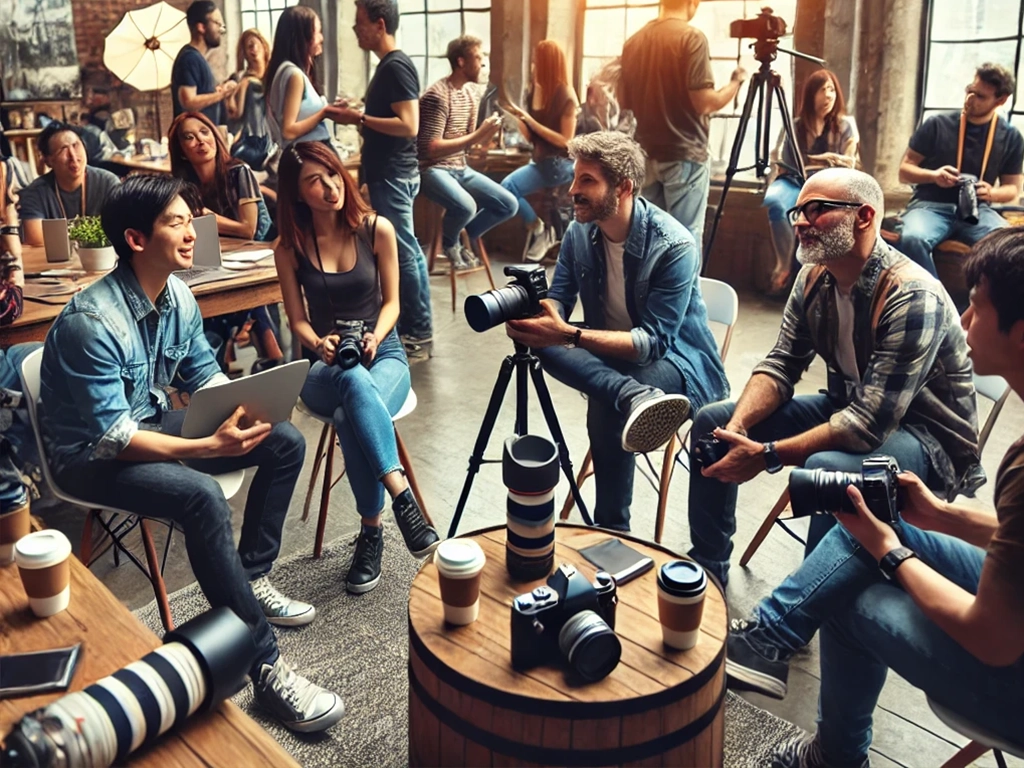
IAPP offers exclusive resources to help members find workshops that match their goals and skills.
The support of the IAPP includes:
- Curated Course Recommendations: IAPP offers a list of trusted workshops led by accredited professionals.
- Networking with experts: Members gain access to experienced photographers who can recommend top-notch learning opportunities.
- Discounts for IAPP members: Certain photography schools, institutions and workshop providers offer exclusive discounts for IAPP members.
- Mentoring Programs: IAPP mentors can recommend personalized learning paths based on your career goals.
Inference
Finding the right photography workshop or course can have a significant impact on your skills, creativity, and professional progress. With the support of the IAPP, photographers gain access to trusted learning opportunities, expert advice and exclusive benefits designed to accelerate professional growth.
Whether you’re looking to improve your technical skills, specialize in a photography genre, or build a stronger portfolio, IAPP can connect you to the right resources. By choosing wisely and using your newly acquired knowledge effectively, you will strengthen your skills and improve your prospects as a successful press photographer.
